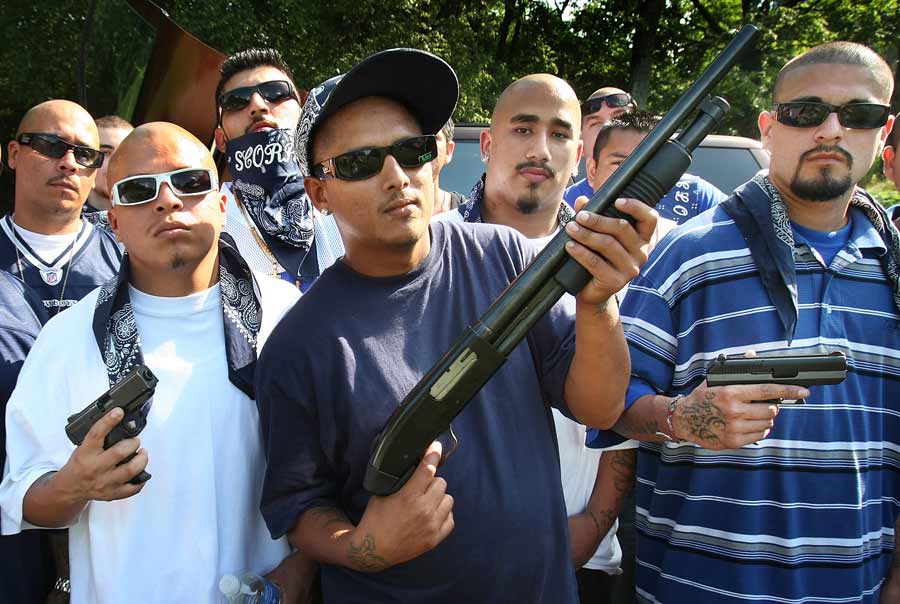
The Connection Between Mentally Ill Young Adults and Gangs
Written by Wendy Rogers, Posted on , in Section Teens & Tweens
To the typical middle class family, the term "gang member" may conjure images of Los Angeles gangs and riots. Or, hip-hop artists who have played out their rivalry in the media with unfortunate fatalities. Parents may also be familiar with Hollywood portrayals of gangs. Unbeknownst to the average parent is the reality that gangs are prevalent in nearly every town in America. The ripples of gang activity go far beyond the obvious perceptions. Speaking with your local police department about gang activity would surprise most people about its existence in even the smallest towns. However, your young adult may have found their way into these associations without you ever being aware.
Study Correlates Mental Health and Gang Membership
Several studies have been conducted identifying an unusual link between gang members and mental health. The most common signs are anxiety, alcoholism, depression, and psychosis. To know a problem exists is one thing; to understand how to approach it another. Young Adults are the most likely demographic to be pulled into gangs. The lure of excitement, escape from reality, and a sense of belonging attract them. It is difficult to know whether or not the mental health issues are what drive young adults to seek gang membership or if the gang membership causes many of the mental health issues.
Parents may be overwhelmed and distraught with their young adult who is struggling with mental health issues. They may not even know their child is participating in gang activity. What is obvious to them is something is wrong either from suspicion, change in behavior, or real evidence. The awareness that you may need help is an indication that you do. With issues of mental illness, time is of the essence. It is imperative to seek help and receive guidance from professionals as quickly as possible.
